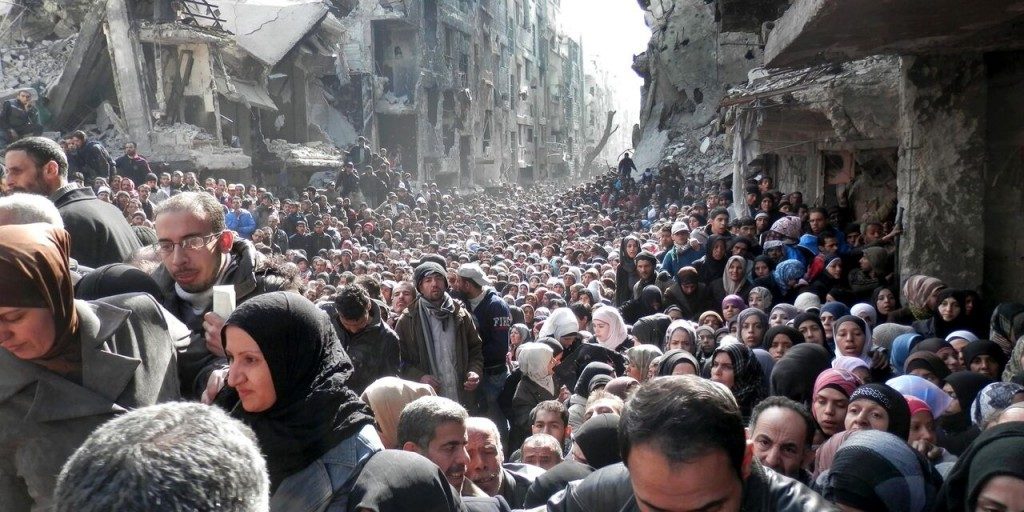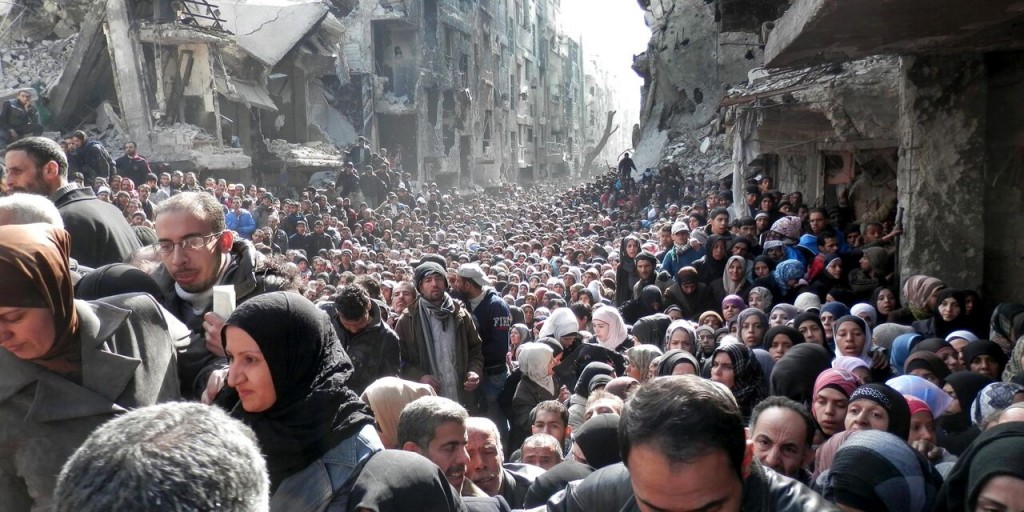
The blame, and the solution, lies in the hands of partnering countries
By Sameer Siddiqui, Contributor
Since 2001, the US, along with monetary support from oil rich gulf allies, has engaged in wars in countries like Afghanistan, Syria, Yemen, Libya, and Iraq. These wars have displaced the people of these countries and western countries have taken in refugees by the millions since the wars have started. However, the oil-rich Middle East has taken in very few. Their pursuit of bringing democracy to those parts of the world, which have a very different structure, has not worked.
It is quite ironic that many oil rich Arab countries, which themselves are ruled by families are, through proxies, supporting the removal of Arab dictators in other countries. Also ironic is the fact that these countries do not give citizenship to immigrants, as they fear people from other countries could corrupt their culture. If western countries would have done the same, the cries of racism could be heard loud and clear by the established media in the west, yet they remain silent on the situation in the Arab countries.
To the credit of the west, they have indeed welcomed in millions of refugees. But there is a limit to the extent of how many they can take in. In comparison, the oil rich Arab countries, which are similar to countries like Syria, Iraq and Libya in terms of cultural and societal norms, have not taken in enough.
Europe has also had strict guidelines on allowing in refugees. European countries have a strong identity, culture, food, as well as music and they expect people who come to settle there to integrate into their culture. Their point of view is that if you come into their country, then the responsibility is on you to adjust, not on them to make concessions to adjust you. This has at times created friction between people and led to a more nationalist-bent political discourse.
The western countries have an economic interest for their involvement in the Middle East and that interest is oil. Gretchen Daily, professor of Environmental Science at Stanford University rightly posed this question about the situation in the Middle East— “do you suppose we’d be attacking Iraq if its most important export product were broccoli?” People often wonder why the US—which lectures the whole world on human rights—supports the oil-rich countries in the Middle East, which are often accused of human rights violations against their own people. The simple explanation for that is, in return for guaranteeing their security of these countries, they promised the US that they would sell their oil in US dollars, which benefits the US currency. This is the fundamental underlying equation. It was only after Saddam Hussein started selling oil in Euro’s in 2003 that the US began attacking Iraq.
To conclude, a solution to the refugee crisis will have to be one which is created in partnership by the US, Russia and the oil-rich Middle Eastern countries, as all of them share the blame in creating it. Safe zones should be created in countries like Syria, Iraq, and Libya where the people are placed and protected until the war is stopped. A ceasefire agreement should be made between the countries involved and a gradual reduction in military personnel should follow, as the presence of a foreign military gives rise to negative sentiments, and rightly so.


